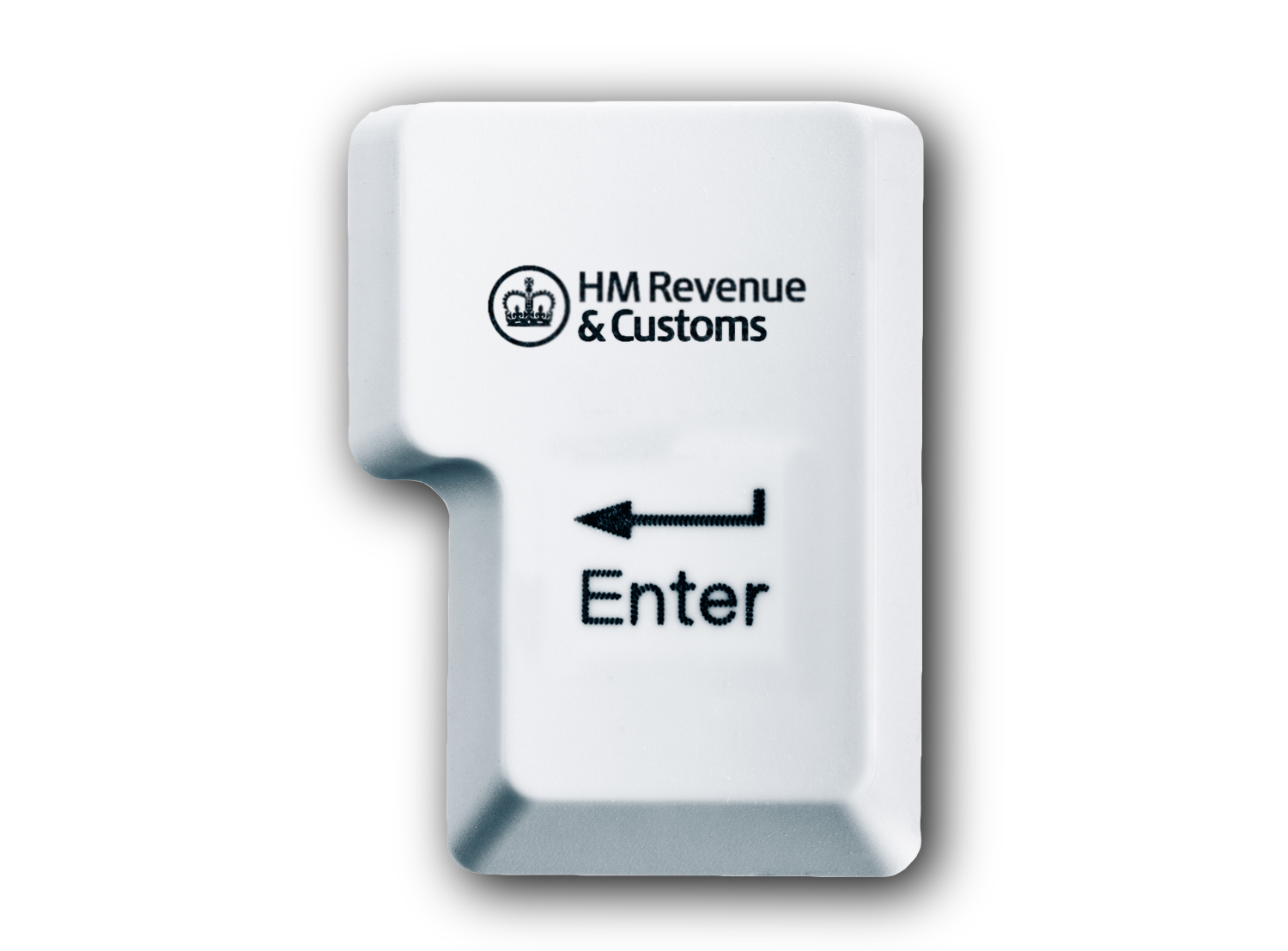News
Government body backs radical pension tax review

The Office of Tax Simplification (OTS) has urged the government to review a series of complex pension tax measures.
The Taxation and life events report from the OTS makes 15 recommendations to help tackle complex tax issues that can arise in relation to events such as having children, entering work, and saving for or drawing down a pension.
Bill Dodwell, OTS tax director, said: “The recommendations in this report are focused on areas we consider are of the most practical concern to people. For many people, their tax is usually dealt with under the PAYE system, so it is only when something significant changes in their lives that they need to think actively about tax.
“So it’s all the more important to make it as easy as possible to get things right and to understand any choices that are to be made, and the consequences of these.”
High income child benefit charge
The OTS report describes the high income child benefit charge as “inherently confusing”. At the moment, if an individual or their partner receives child benefit and one of them has income of more than £50,000 a year, the high income child benefit tax charge applies. It claws back a proportion of the child benefit, rising to the full amount if the person’s income is more than £60,000.
Some people avoid the complexities of tax reporting by not claiming child benefit – but this can mean they lose out on National Insurance (NI) credits towards the State Pension. It could also mean their child doesn’t automatically receive a NI number when they turn 16.
The OTS recommends that the government reviews the administrative arrangements involved to improve the situation.
Tom Selby, senior analyst at AJ Bell, said: “As it’s often the mother who is off work with the child, it means they miss out on entitlement to the state pension, further exacerbating the gender pension gap.
“It’s good the OTS have identified that it’s ‘unreasonable’ the system works in this way and that individuals can unfairly miss out on vital state pension in later life because they haven’t claimed the benefit.
“The suggestion people should be able to claim back NI credits if they’ve missed out is common sense and the government should reform the system to ensure that people understand the implications of not claiming child benefit.”
Pensions
The report also highlights a number of pensions issues. Employers have a choice when providing pensions for their employees between what are known as ‘net pay’ and ‘relief at source’ arrangements.
Unfortunately, the different mechanisms involved mean that people whose income is below the personal allowance are not as well off overall if their employer uses a net pay scheme rather than a relief at source scheme.
The OTS recommends that the government should consider the potential for removing or reducing this difference in outcomes, but without making it more complex for those affected.
The report also looks at the impact of the money purchase annual allowance (MPAA), annual allowance, and lifetime allowance.
“It is frankly bizarre that savers now have to get their heads round an annual allowance, money purchase annual allowance, tapered annual allowance and lifetime allowance, all of which could apply to people at different stages of their life,” said Selby, “Some of these measures have serious consequences. The taper, for example, is placing huge strain on the NHS as senior doctors are forced to refuse extra shifts to avoid eye-watering tax bills. The MPAA, which is poorly understood, severely punishes those using the pension freedoms, reducing their annual allowance from £40,000 to just £4,000.”
Tax Education
The OTS says some of the problems individuals face in interacting with the tax system could be helped considerably with better levels of tax education and awareness.
“Everyone involved – in schools and in further and higher education, employers, tax advisers and HMRC – needs to work together to help improve overall awareness and understanding,” said Dodwell, “The OTS encourages HMRC to continue and expand its work in this area and involve a much wider group of organisations.”